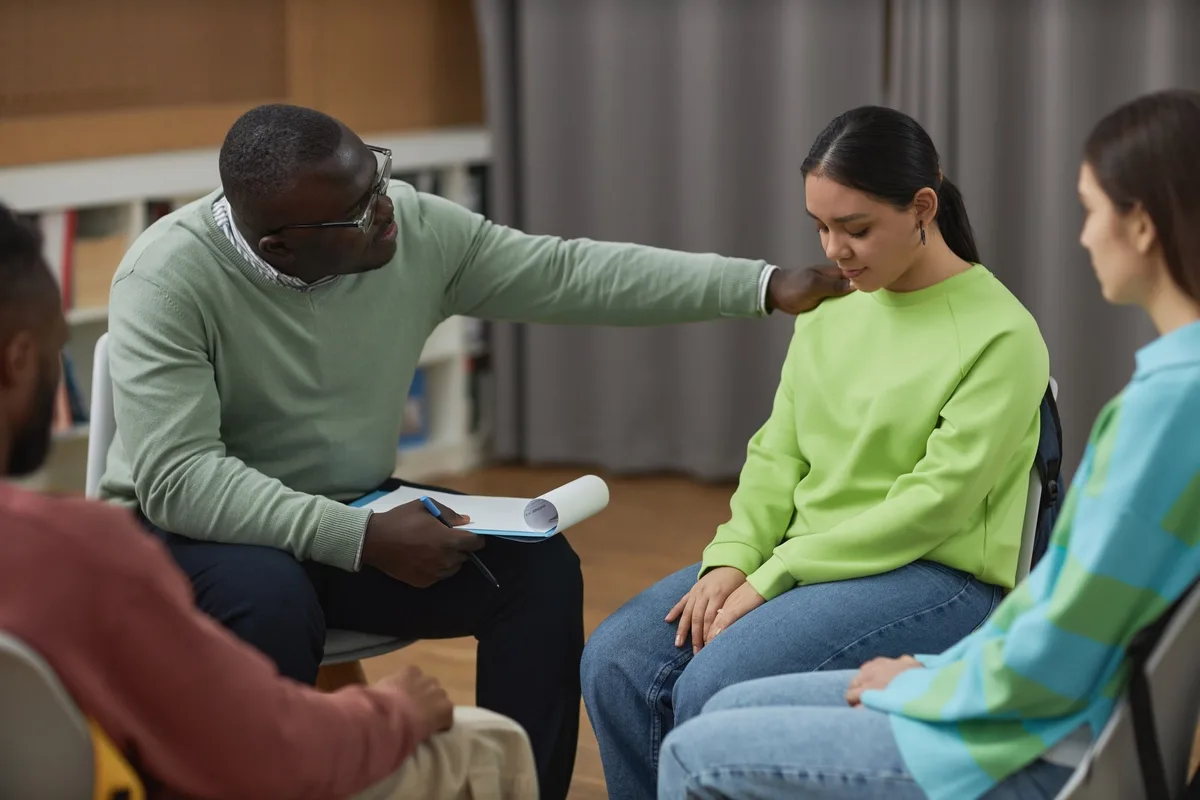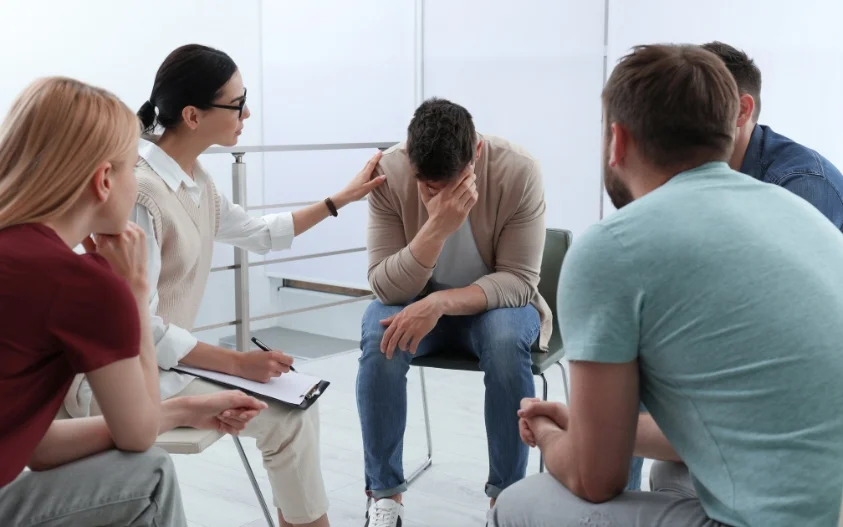24/7 Helpline:
(866) 899-221924/7 Helpline:
(866) 899-2219
Learn more about Medication-assisted Treatment centers in Blaine County

Other Insurance Options

Excellus

Aetna

Anthem

Medical Mutual of Ohio

Ambetter

Self-pay options

BlueCross

Holman Group

Premera

Highmark

WellPoint

BlueShield

MHNNet Behavioral Health

Covered California

Humana

ComPsych

Evernorth

WellCare Health Plans

Health Partners

Absolute Total Care

Red Rock Behavioral Health Services
Red Rock Behavioral Health Services is a private rehab located in Watonga, Oklahoma. Red Rock Behavi...






















































YouthCare of Oklahoma
YouthCare of Oklahoma is an outpatient clinic that provides mental health and substance use treatmen...




















